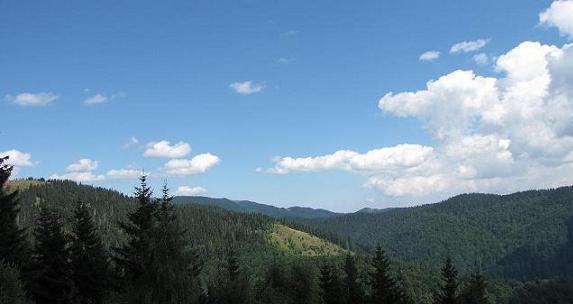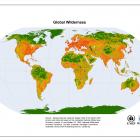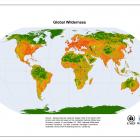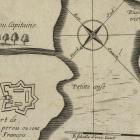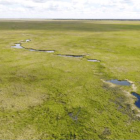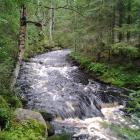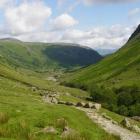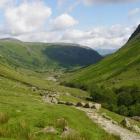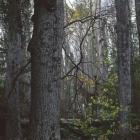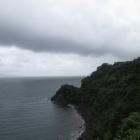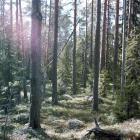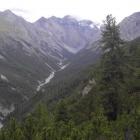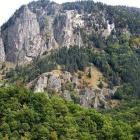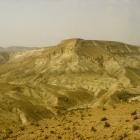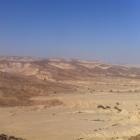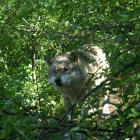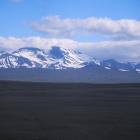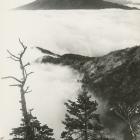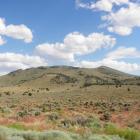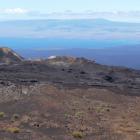έρημος, ερημιά, and άγρια/παρθένα φύση—Greek
Conveying the meaning of “wilderness” into modern Greek is no easy task. Most online translators as well as printed dictionaries will return the words έρημος (literally meaning “desert”) and/or ερημιά (“desert-ness”). Translated as such, “wilderness” in Greek is to be perceived as an empty space, a place which is “deserted” and void of people, a wasteland where nothing of use to humans may be found, with hardly any flora and next to no fauna.
Another usual translation is αγριότοπος (literally meaning “wild place”). A “wild place” is not necessarily void of people or animals and plants, yet its inhabitants are untamed, uncontrollable, hard to cope with and so on: in a word, a “wild place” is an uncivilized place, a place where modern society and its paraphernalia have made little (if any) inroads. It is perhaps telling that the original meaning of the adjective άγριος (“wild”) was “of the fields.” What one will not find in most dictionaries are the notions of “wild/virgin nature” (άγρια/παρθένα φύση), yet these come closest to the notion suggested by the English word “wilderness.”
It is no coincidence that the adjective “virgin” is used to describe the area in Greece that comes closest to being “wilderness”: the Virgin Forest of Fraktos. Situated at an altitude of approx. 1,900 meters on the Greek-Bulgarian frontier in northern Greece, the old-growth forest of Fraktos has been “undisturbed” by human activity for the last 500 years. Covering an area of 1,100 hectares and including a host of rare and endangered plant and animal species, it was declared a “Preservable Natural Monument” (Διατηρητέο Μνημείο της Φύσης) in 1980 under Law 996/1971, meaning that no human presence or activity is allowed within its limits save for scientific research. This stance epitomizes what “virgin nature” (aka “wilderness”) stands for in the Greek mind: a place where Nature, with all her “wild” flora and fauna, follows her course free of any human presence or interference.
What does wilderness mean in your language? Browse “Wilderness Babel” via the map.
Live map showing the location of the languages featured in the virtual exhibition. What does wilderness mean in your language? Browse “Wilderness Babel” via the map.



